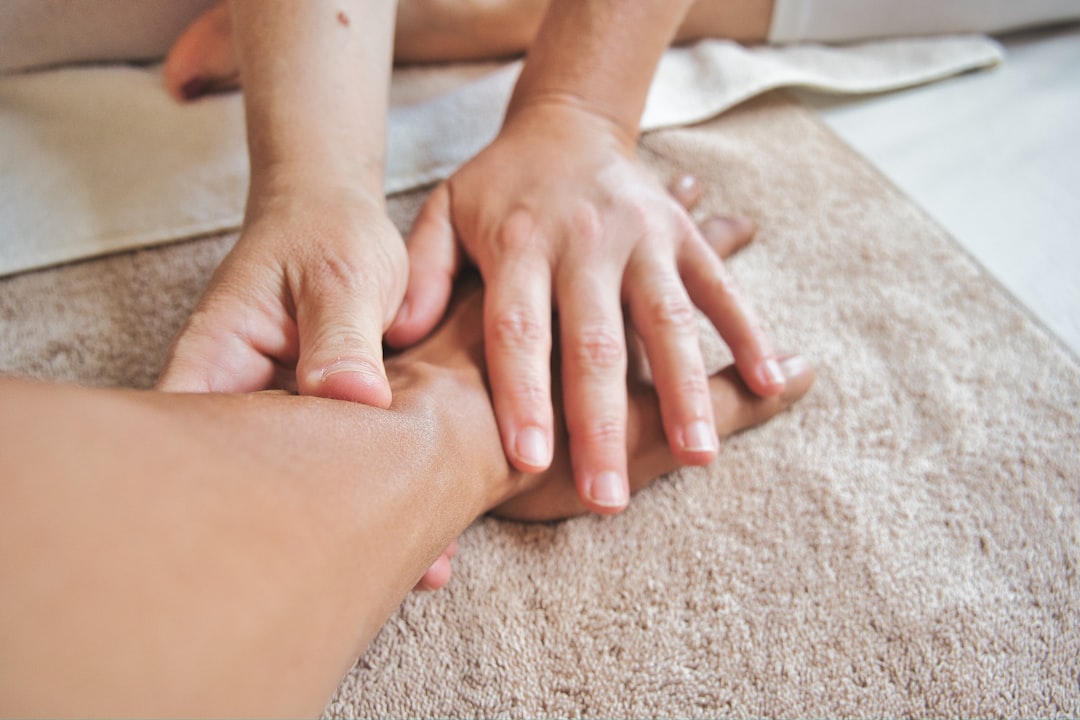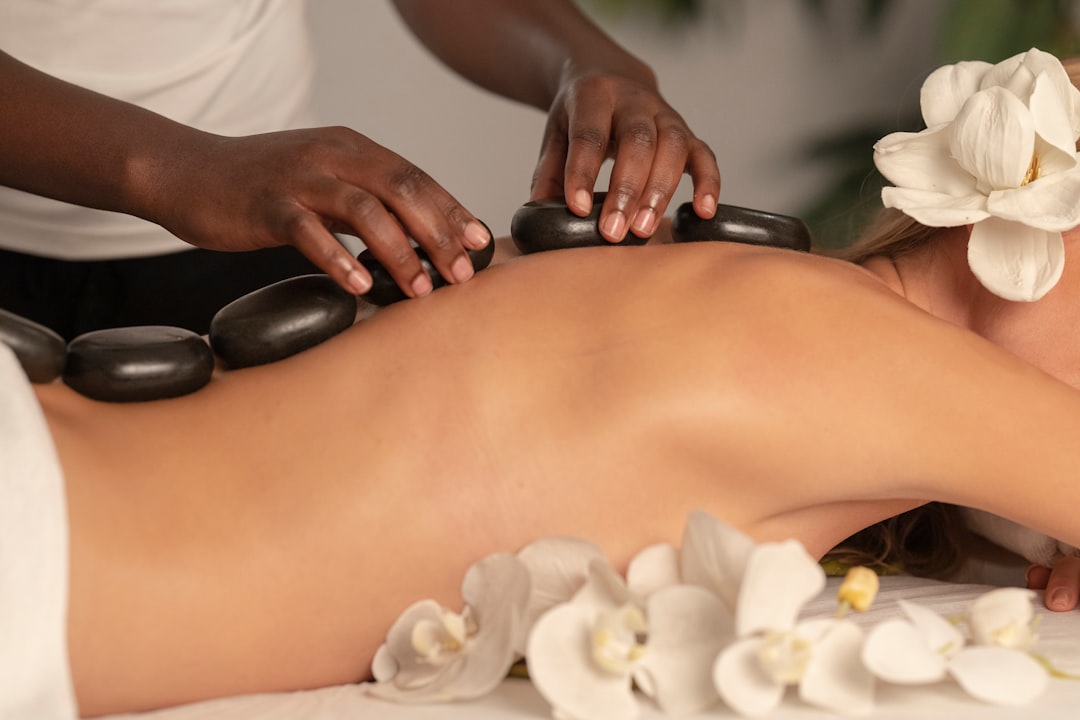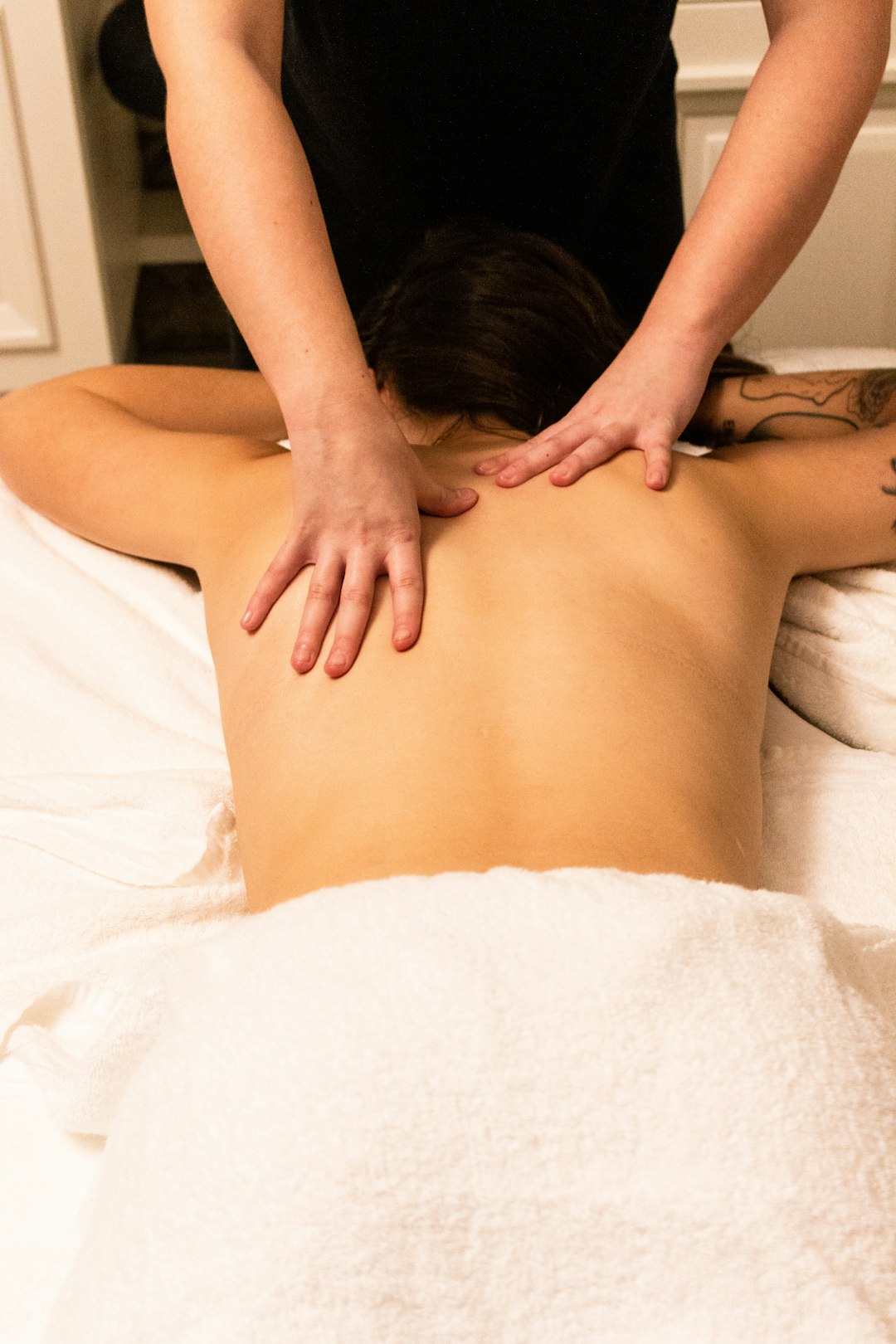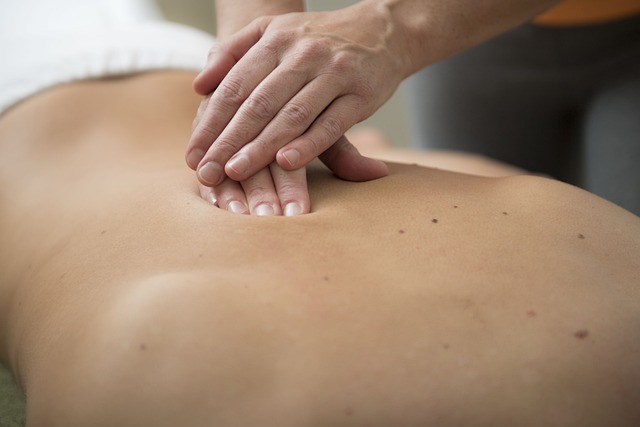Massage abuse is a global issue with significant scrutiny in Canada and growing concern in Georgia. Various forms include sexual misconduct, financial fraud, and human trafficking. Canada's strict laws protect clients through informed consent and non-consensual touch, serving as a model for Georgia to strengthen wellness center safety. While Georgia has licensing via the GBMT, more needs to be done to address all massage abuse types. Massage abuse attorneys in Georgia offer crucial support, expertise in filing complaints, and tailored strategies for victim justice and security.
“In the realm of wellness, the prevalence of massage spa abuse highlights a critical need for comprehensive legal protections. This article delves into a comparative analysis between Canadian and Georgian laws regarding massage therapy. While Canada boasts robust regulations, Georgia’s current framework remains under scrutiny. We explore specific acts like the Massage Abuse Act in Canada and their penalties, contrasting them with Georgia’s legal landscape. Furthermore, we emphasize the pivotal role of a skilled massage abuse attorney in Georgia to ensure client safety and justice.”
Understanding Massage Spa Abuse in Canada

Massage spa abuse in Canada has gained significant attention due to various high-profile cases and increasing public awareness. This issue encompasses a range of exploitative behaviors, from sexual harassment and assault to financial fraud and human trafficking. Canada’s legal framework addresses massage spa abuse through specific laws targeting sexual exploitation, labor trafficking, and consumer protection.
Georgia, like many other states, has its own set of laws designed to protect individuals from abuse in various settings. However, when it comes to massage spas, the relevance of Canadian legislation cannot be overlooked. A massage abuse attorney in Georgia can help navigate these complexities, ensuring that victims’ rights are protected and perpetrators are held accountable, whether the incidents occurred within Canadian or Georgian borders.
Canadian Laws: Protection and Penalties

In Canada, addressing massage abuse within spa settings is a serious matter with stringent legal protections in place. Provincial and territorial laws emphasize the importance of client safety by mandating clear consent procedures for all treatments. These regulations also establish strict guidelines regarding the use of force or any form of non-consensual touch during massages.
Penalties for violating these laws can include civil liabilities, such as lawsuits for damages, and even criminal charges. A massage abuse attorney in Georgia could provide insights into how Canadian legislation serves as a benchmark for enhancing wellness center regulations across borders. Understanding the Canadian framework offers valuable lessons for Georgia’s legal system to combat and deter massage abuse, ultimately prioritizing client well-being and security.
Georgia's Current Legal Framework for Massage Therapy
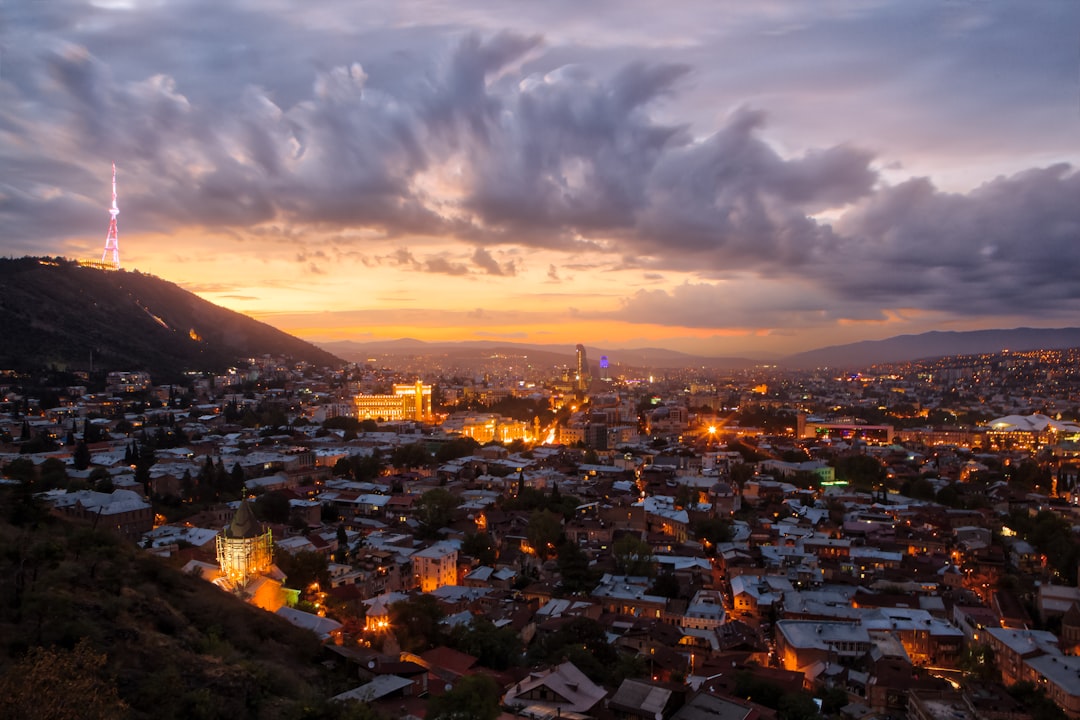
In the state of Georgia, the legal framework governing massage therapy is primarily structured around licensing and regulation. The Georgia Board of Massage Therapy (GBMT) is responsible for issuing licenses to massage therapists, ensuring they meet specific education, training, and examination requirements. This regulatory body plays a crucial role in maintaining standards and addressing any issues related to practice. However, when it comes to addressing massage abuse, the current legal landscape may have some gaps. While Georgia has laws in place to protect clients from unethical practices, including sexual harassment and assault, there could be further measures needed to comprehensively address all forms of abuse within the industry.
Georgia’s approach to licensing provides a solid foundation for consumer protection. But with increasing awareness about massage therapy as a potential target for abuse, especially considering the intimate nature of the service, some advocates suggest enhancing legal provisions specifically targeting massage abuse attorneys Georgia. This could involve stricter penalties for offenders and more robust support systems for victims, ensuring that the law keeps pace with emerging challenges in this sector.
Comparing Legal Protections: Canada vs. Georgia

In Canada, legal protections against massage abuse are robust, with strict regulations in place to ensure client safety. The country has established clear guidelines and codes of conduct for massage therapists, providing a solid framework for accountability. Any instances of misconduct or abuse can be addressed through professional disciplinary bodies, offering a structured system for investigation and consequence.
In contrast, Georgia’s legal landscape regarding massage abuse reveals a less comprehensive approach. While there are general consumer protection laws, specific provisions focusing on massage therapy regulations are scant. As such, clients in Georgia may face challenges when seeking redress for abusive experiences. Consulting a massage abuse attorney Georgia is advisable for those who have suffered mistreatment, as they can navigate the legal system and help ensure justice and accountability.
The Role of a Massage Abuse Attorney in Georgia
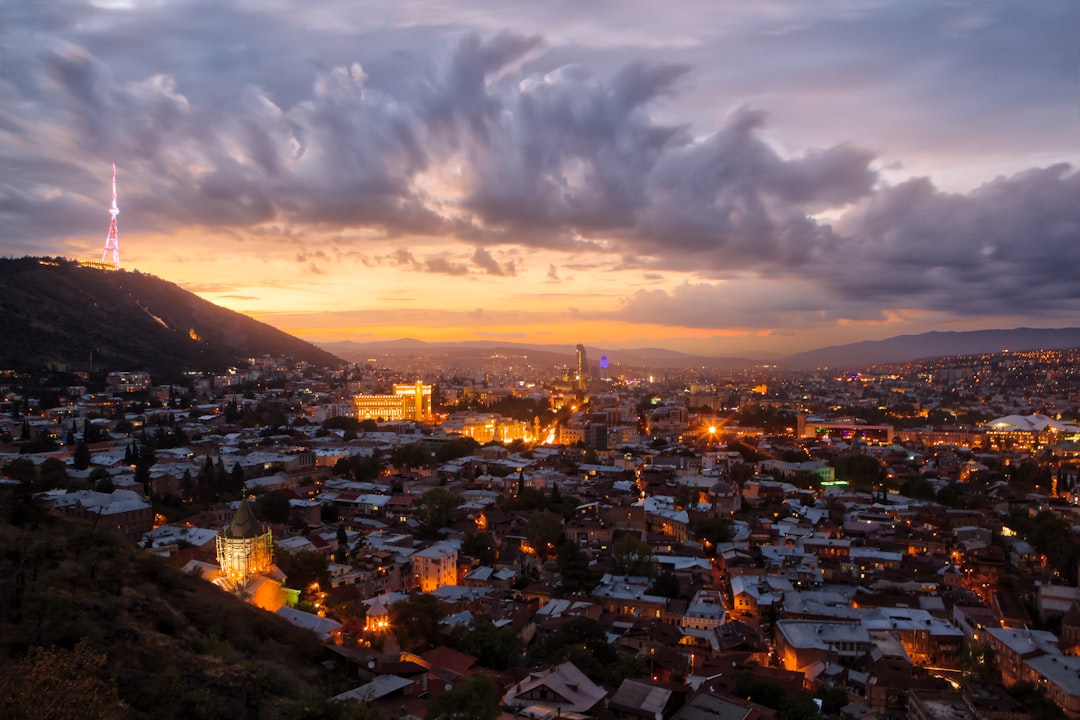
In the context of massage abuse in Georgia, a massage abuse attorney plays a pivotal role in advocating for victims and ensuring justice. These legal professionals are equipped to handle cases involving sexual or physical harassment during massages at spas or similar establishments. They guide victims through the legal process, offering expertise in interpreting and navigating Georgia’s relevant laws.
A massage abuse attorney in Georgia can help victims understand their rights, file complaints, and pursue civil lawsuits against the perpetrators. Their knowledge of local regulations enables them to provide tailored strategies, offering a sense of security and justice to those affected by such abusive practices.


